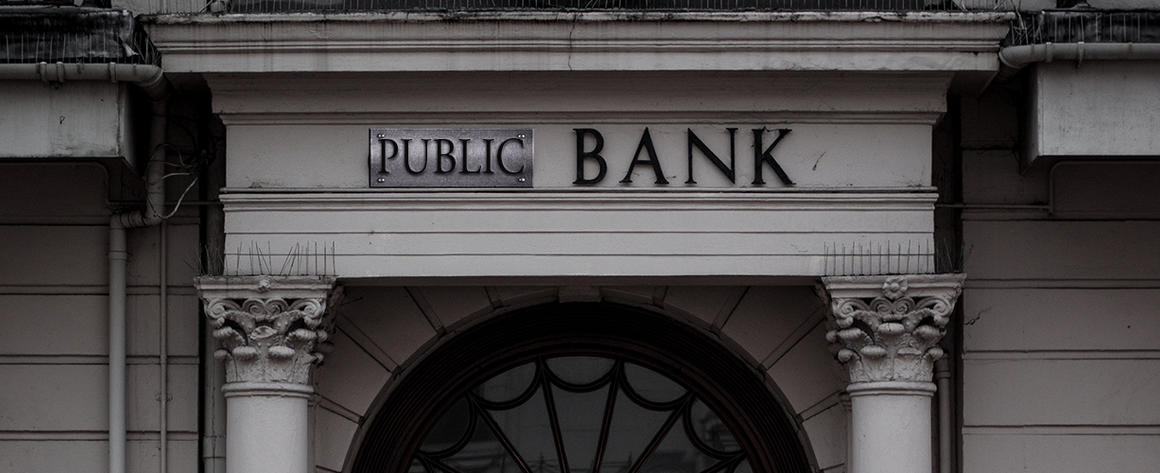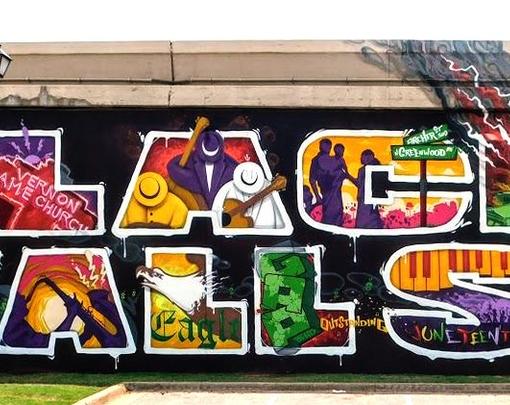In October 2019, the state of California passed AB-857, a historic law to charter 10 local public banks. Efforts to incorporate these public banks are now underway across the state. These public banks have the potential to address a host of economic, social, and ecological crises, and public banking efforts across the country are looking to California’s cities and regions to lead the way.
State and local governments need public financial infrastructure to recapture the public’s money being extracted by private banks and bond investors. The economic recovery from COVID-19 must be equitable. The ongoing housing crisis demands better tools to keep tenants and the public in control of housing and real estate development. To address the climate crisis, the financial sector must embed social values beyond profit. Economic development needs a paradigm shift toward community wealth building, especially as part of strategies for reparations for Black and Indigenous peoples.
But the success or failure of public banks in addressing these crises will depend on “getting the institutions right.” The design of a public bank is a political process with important choices to be made at every step. Banking, finance, and policymaking are intentionally obscure and technocratic terrains. Ensuring the new public banks are designed to address these crises requires ongoing popular education and engagement.
To that end, this report proposes a governance design for the Los Angeles Public Bank and a more general democratic public bank model. The aim is to provide Los Angeles’ residents, organizations, policymakers, and other community stakeholders a starting point to draw from for questions of who the public bank serves and how. The strategic framework here provides a critical method of analyzing the bank’s functions—its mandates, missions, programs—and forms—its governance structures and the political-legal sequencing to get it fully operational.
Part I of this report situates the research within existing legal and political dynamics by providing a local, state, and federal context of public banking, as well as existing precedents. Part II draws from the theoretical frameworks of public money, community wealth building, democratic public ownership, and dynamic public banks to articulate a new aspirational model of democratic public banks. Part III proposes an institutional design of the Los Angeles Public Bank based on the democratic public bank model. Part IV concludes with reflections on the future of public banking in Los Angeles and the US.
Proposed governance structure
The graphic below depicts proposed governance structures for the Los Angeles public bank. Click the graphic for an enlarged PDF, excerpted from the report.





